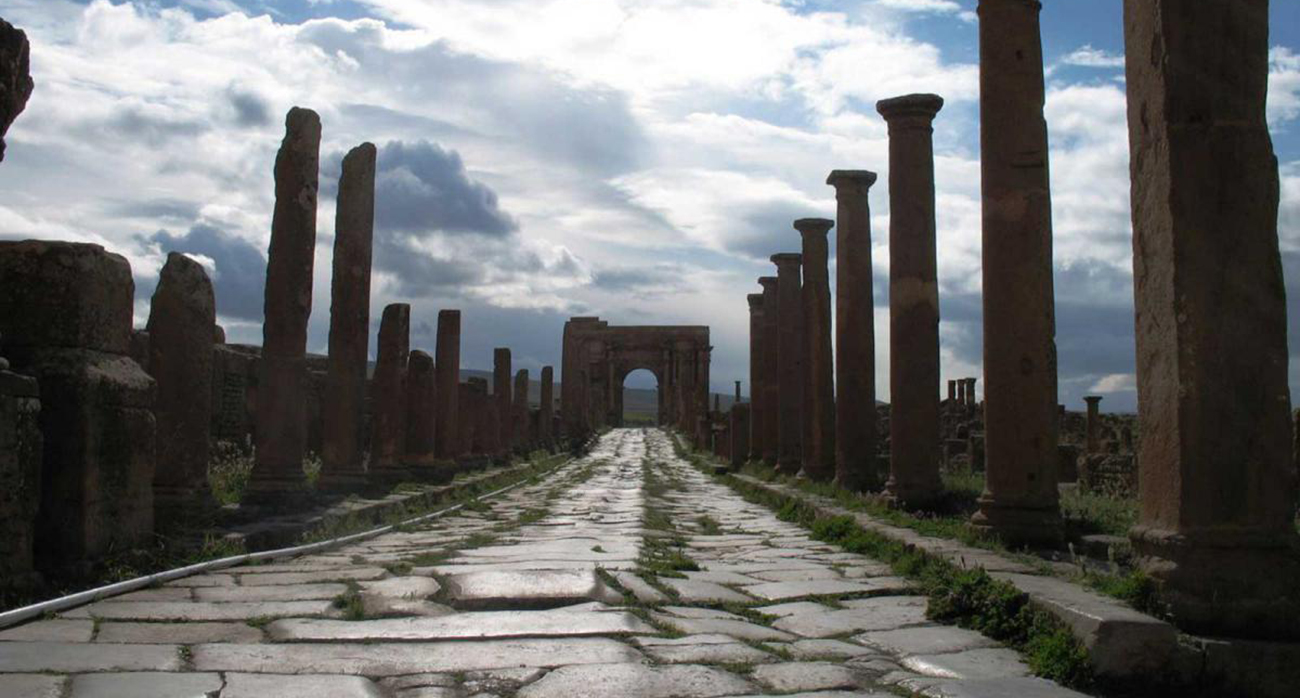Gerunds and Gerundives: Exemplification
Preface: On 6 March 2010 Sabidius issued on this blogspot a short item concerning the use of Gerunds (verbal nouns) and Gerundives (passive verbal adjectives) in Latin; and on 17 January 2011 he followed this up with an article entitled "Nunc est bibendum", which was a detailed discussion of the controversy concerning whether the "bibendum" in this famous quotation was a Gerund or a Gerundive, and thus the alternative possibilities for its translation. Now, having just completed a translation of Book XXX of Livy's history (see article dated 26...

